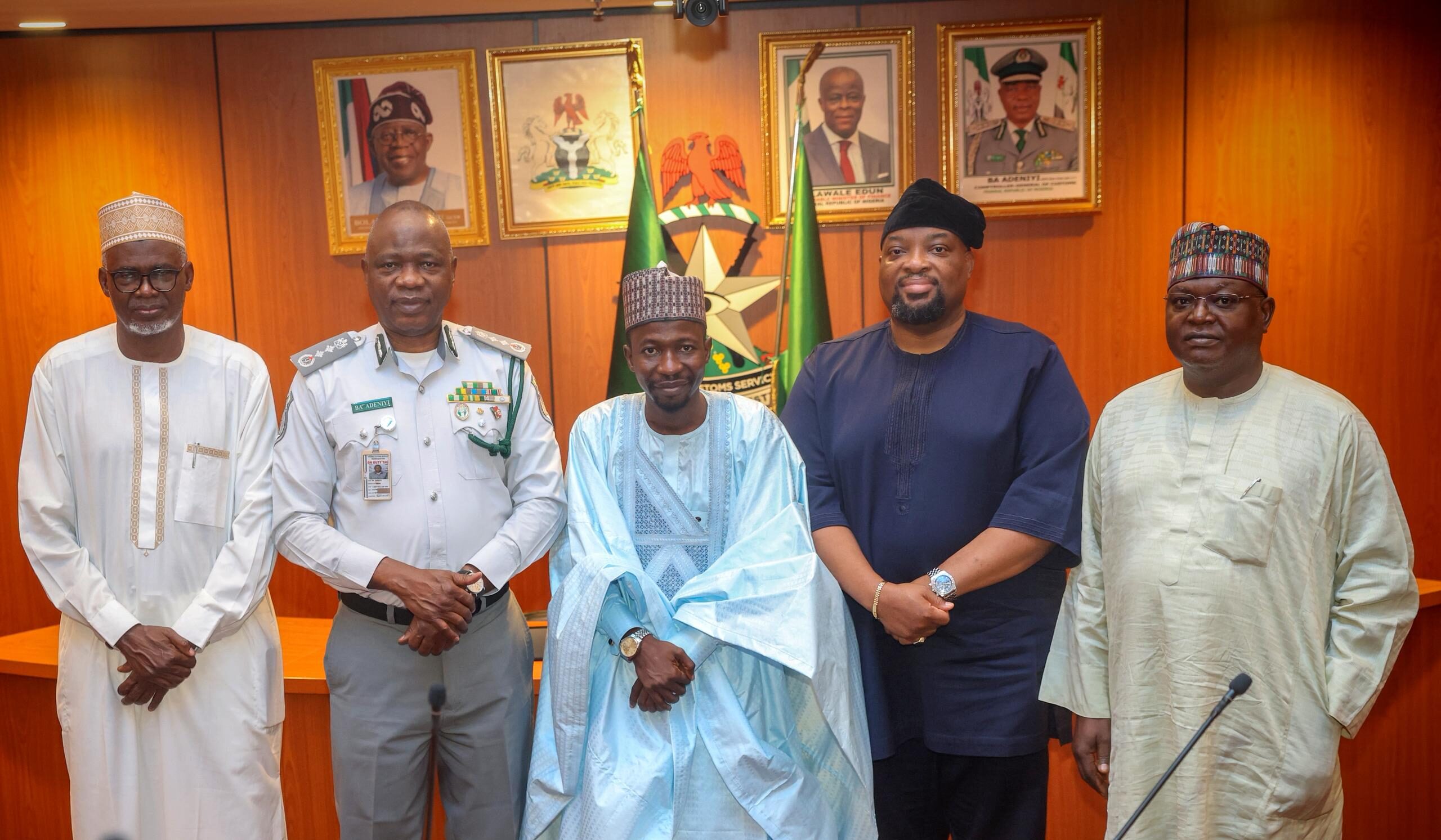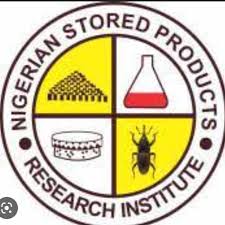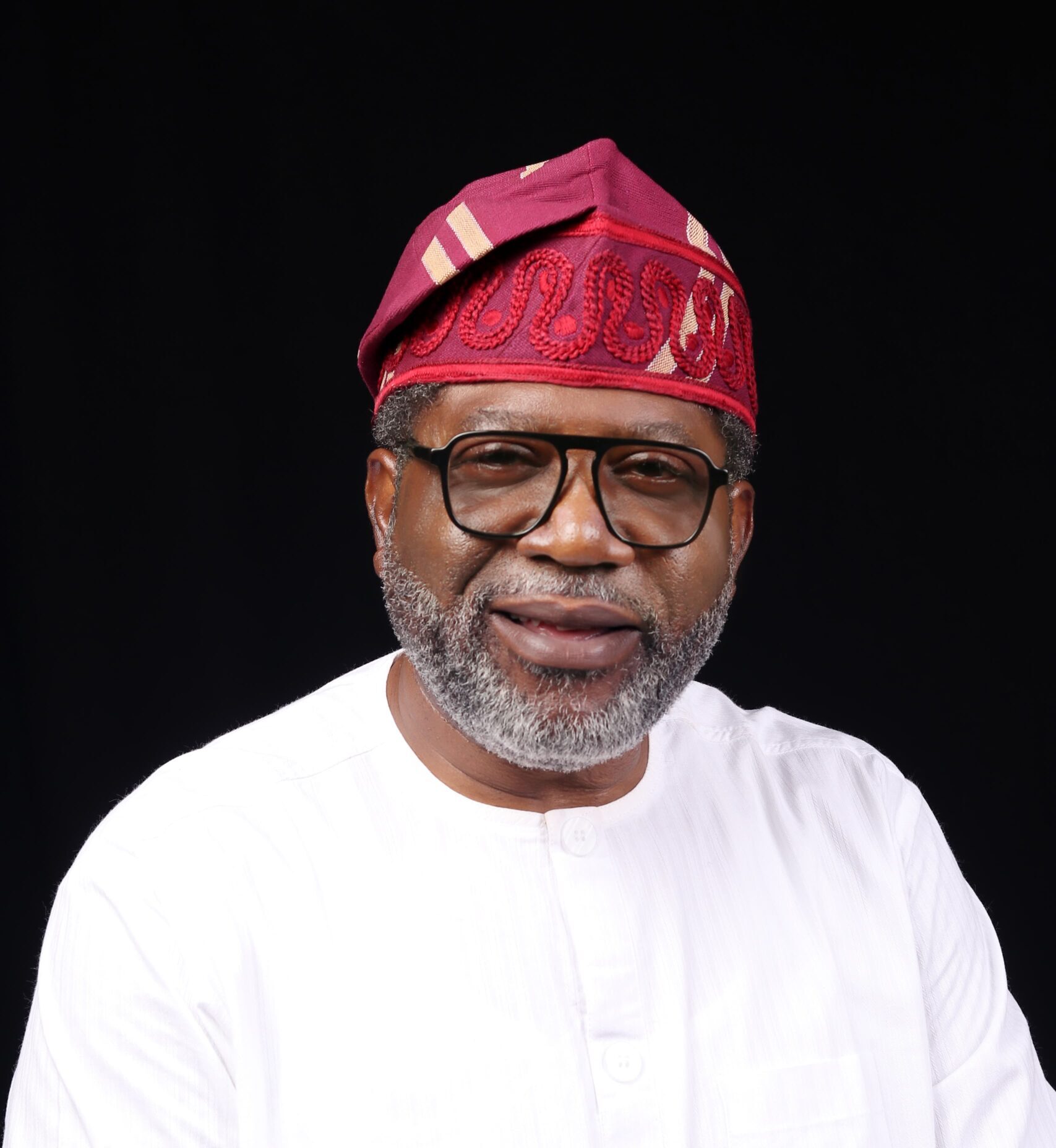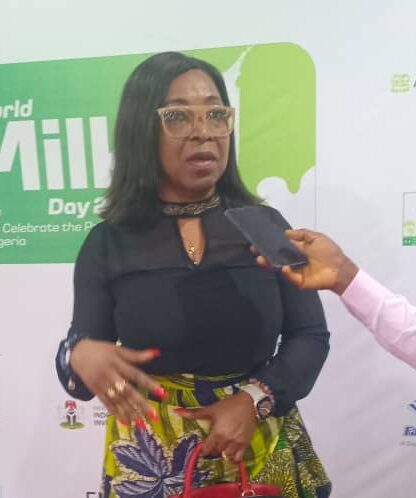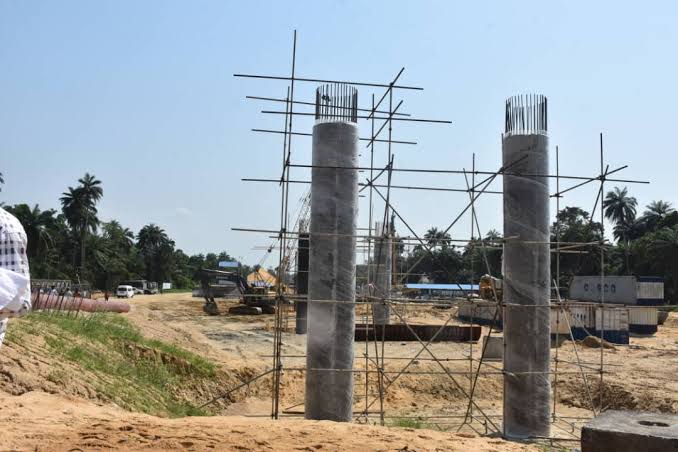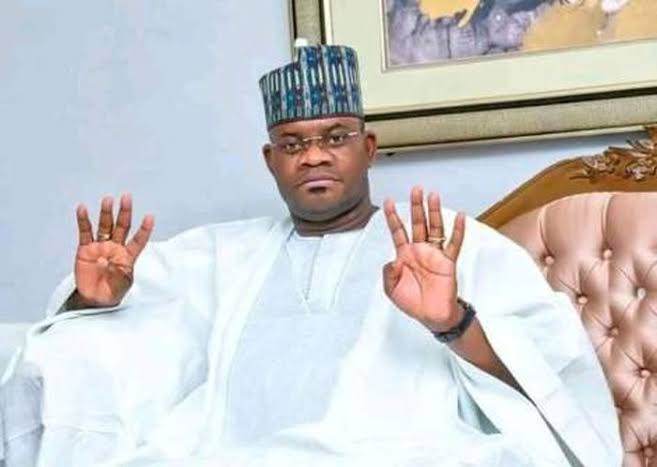By: Goodluck E. Adubazi – Abuja.
Nigeria commemorated World Milk Day 2025 with a conference organized by the Federal Ministry of Livestock Development.
On Monday, June 2, 2025, the Ministry hosted a high-level conference at Nicon Luxury Hotels, Abuja, bringing together key stakeholders to discuss the challenges and opportunities within Nigeria’s dairy sector.
In his opening address, the Honourable Minister of Livestock Development, Hon. Idi Mukhtar Maiha, stated that Nigeria spends over \$1.5 billion annually on milk imports. He emphasized that local milk production meets only 40% of national demand.
He further disclosed that Nigeria’s annual milk consumption is 1.6 million metric tonnes, while local production only accounts for 700,000 metric tonnes, resulting in a significant import gap.
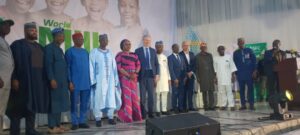
The Minister also raised concern over the country’s low per capita milk consumption.
“Nigerians consume an average of 8.7 litres of milk per person per year—far below the World Health Organization’s recommended 210 litres per person annually,” he noted.
Highlighting the growth potential, the Minister added, “Global dairy demand is projected to increase by over 30% by 2035, driven by urbanization, growing health consciousness, and population growth.”
He stressed the importance of strategic partnerships with the private sector, research institutions, development organizations, and millions of Nigerians who rely on livestock for their livelihoods, nutrition, and dignity.
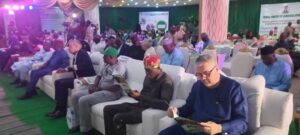
The Minister also emphasized Nigeria’s need to position itself competitively in the expanding global dairy market.
Also speaking, Ambassador Gautier Mignot, Head of the European Union Delegation to Nigeria, expressed the EU’s commitment to supporting Nigeria’s dairy development. The EU aims to unlock value across the entire dairy value chain and attract investments that create decent jobs, particularly for youth and women.
Delivering his keynote speech at the event, held at Nicon Luxury Hotels, Ambassador Mignot affirmed the EU’s intention to collaborate with the Ministry in implementing the National Livestock Growth Acceleration Strategy and finalizing the Implementation Framework for the National Dairy Policy. These efforts, he said, would help boost milk production, create employment, and improve nutrition.
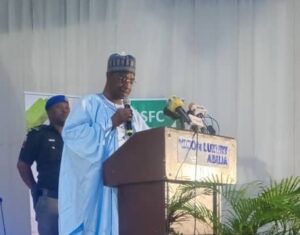
“A 15-year Livestock Master Plan, including a detailed five-year investment roadmap, is also being developed to align and coordinate sectoral initiatives,” he revealed.
In her welcome address, Dr. Chinyere Ijeoma Akujobi, Permanent Secretary of the Federal Ministry of Livestock Development, said the 2025 World Milk Day provided an opportunity to highlight Nigeria’s achievements in the dairy sector, shed light on existing challenges, and mobilize collaborative actions for sustainable growth.
“The theme for this year’s World Milk Day – ‘Let’s Celebrate the Power of Dairy’ – is timely, especially as global food systems are increasingly shaped by climate considerations,” Dr. Ijeoma noted.
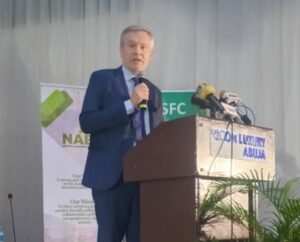
She further commended the establishment of the Ministry of Livestock Development by President Bola Ahmed Tinubu, GCFR, in July 2024, describing it as “a bold and strategic move to boost animal production, enhance food security, improve livelihoods, and conserve foreign exchange.”
Dr. Ijeoma reiterated that the Ministry aspires to support an Africa whose development is people-driven, especially by tapping into the potential of women and youth.
“It is our hope that the ideas shared here today will serve as blueprints for effective policy and strategic partnerships,” she concluded.
In an interview with *Standard-Times Nigeria*, Mrs. Victoria Uwadoka, Corporate Communications and Public Affairs Sustainable Lead at Nestlé Nigeria praised the event and noted significant progress within the dairy value chain.

“I believe this year’s event has been hugely successful—not just because of the event itself, but also due to the comprehensive progress reports shared by key stakeholders and investors in the dairy sector,” Mrs. Uwadoka said.
She added, “As for Nestlé, we are particularly pleased with the letter of intent co-signed with the Ministry to provide technical training that will help bridge Nigeria’s dairy skills gap.”
Mrs. Uwadoka emphasized that livestock development is a multibillion-dollar opportunity. Addressing the dairy skills gap, she said, would enable increased productivity and rapid sectoral growth.
Regarding Nestlé’s contribution, she revealed that over 1,600 dairy-producing families are part of Nestlé’s Dairy Development Program and that the company aims to double this number.
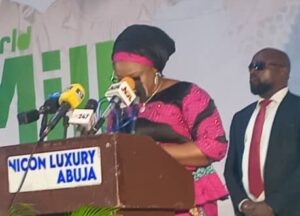
“If we’ve reached 1,600 families in the last five years, we aim to go beyond that. Our minimum target is to reach an additional 1,600 dairy-producing families through the program,” she affirmed.
She concluded by noting that Nestlé has empowered thousands of families in the dairy value chain, helping to reduce the financial burden on underprivileged households.
The 2025 World Milk Day event was well attended by policymakers, stakeholders, and industry players, with a strong call to action to translate discussions into tangible results.
The event concluded with closing remarks from Mr. Victor Egbon, Director of the Department of Ruminant and Monogastric Development, Federal Ministry of Livestock Development.



